Five
Admin at Slrpnk.net
Pronouns: they/he
The Five Filters of the Propaganda Model
Admins PM me for access to Fedi Admin Guild Loomio
- 2.46K Posts
- 749 Comments

 2·1 day ago
2·1 day agoSwapped out the amp link. Thanks.

 2·1 day ago
2·1 day agoI was a little disappointed that she tried to find some kind of synthesis between her own fawning opinion and Kim Stanley Robinson’s critical view of Always Coming Home.
Ursula’s concern with erasure due to sexism is warranted, but everyone’s star must fade. No one is completely correct, and while Le Guin was ahead of her time, no one has a perfect vision of the future or even a clear vision of their own present. Sincere criticism is a form of flattery, and many authors long gone continue to be referenced not just because they had a prescient view, but because their critics keep them alive. Tolstoy was the most famous author in the Soviet Union because despite being banned to print, the publishing of rebuttals and counter-apologetics were subsidized by the central soviet, so that everyone knew his name and anarchist views.
In this cast, DeFreitas celebrates Le Guin in a way that is effusive but neither hot nor cold. It’s exactly this kind of inoffensive praise that reduces the great to symbols of greatness, and from there to cliché, mediocrity, and obscurity. Good authors deserve trenchant praise, or at least honest criticism.

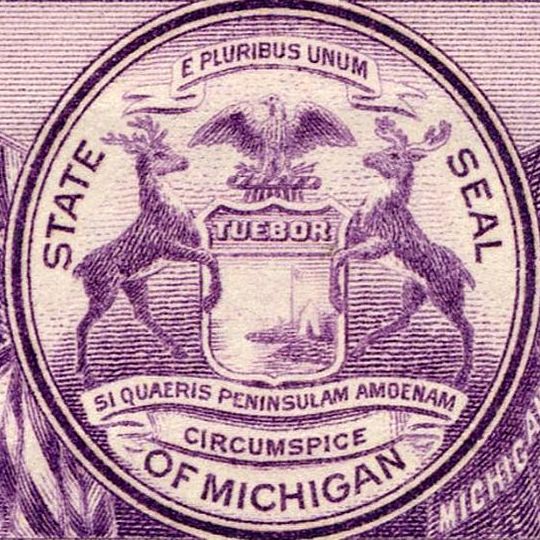 15·1 day ago
15·1 day agoI appreciate this.

 31·8 days ago
31·8 days agoVoice of America (VOA) is a state media network funded by the United States of America, whose purpose is to project soft power through journalism. In 1948, Voice of America was forbidden to broadcast directly to American citizens to protect the public from propaganda by its own government. The restriction was removed in 2013 to to adapt to the Internet age.
In 2005, the Washington Post reported that suspected Al-qaeda operatives were flown into Thailand to be detained and tortured. VOA’s remote relay radio station in Udon Thani province has been widely suspected to be the torture site. VOA has been conspicuously silent on the charges. Their reporters have unparalleled access to the details of the case, but none of them appear to have done any investigation.
According to David Van Zandt in MBFC’s methodology:
It’s crucial to note that our bias scale is calibrated to the political spectrum of the United States
To better understand this statement, it should be noted that MBFC regards VOA as “least biased” despite its uncontroversial status as the United States’ official propaganda outlet.

 24·9 days ago
24·9 days agoClean energy infrastructure is desperately needed, but capitalists don’t want to pay labor a fair wage.
The stories I hear from tradespeople in clean energy work is that entry level positions are paying less, and the bonuses they were seeing when they started are drying up. Many are looking to move away from clean-energy specific labor and into electrical or construction where unions are better established.
Improperly installed solar panels short out and fail early, carelessly sealed roof mountings leak and damage the dwelling, and most importantly, pressured novice workers make often fatal mistakes while working with electricity or at significant heights. To those with the experience of prison labor as a baseline, the risks and rewards of this kind of labor may be attractive. But most tradespeople know these jobs exist, and choose not to take them.
Instead of support for labor, you see state, provincial, and national incentives to recruit new workers into these fields, as well as articles like this one touting the potential of employment in the clean energy economy. But noticeably absent from the article is any mention of labor organization or workers protections for the people doing this work. If the state was serious about building this infrastructure, they would make these fields union jobs. That’s the only way to get quality renewable energy infrastructure built at scale.

 22·18 days ago
22·18 days agoI think David Van Zandt has a vendetta against Philip Weiss. Racists tend to be unfeeling or feel contempt for ‘lesser’ racial groups, and are merely indifferent to their suffering. The most intense ‘hate’ in hate groups comes from the intensity of feeling racists have toward other people of their own race they perceive as ‘race traitors’ - who demonstrate that people who share their culture and heritage can afford empathy for the ‘other’ whom racists believe are unworthy of concern.
Truthout is a reputable website, with good journalism and reporting. There’s a number of other websites that report favorably on Palestinians, and don’t toe Van Zandt’s line that criticism of Israel and antisemitism are the same thing. They have higher ‘Credibility’ and ‘Factual Reporting’ scores than Truthout. But Truthout occasionally rehosts reporting from Mondoweiss, a site that Van Zandt has labelled as ‘antisemitic,’ and therefore Truthout must be punished for giving support to the most notorious enemy of Israel – ‘self-hating’ Jews.

 1·18 days ago
1·18 days agoThanks for the catch.
Since Zionists struggle to make a persuasive argument against freedom, justice, and equality for all people throughout the land, they seek instead to attack the message and messenger. When Palestinians proclaim “from the river to the sea, Palestine will be free,” many Zionists argue that this is a Palestinian call for genocide. But as historian Maha Nassar has noted, there has never been an “official Palestinian position calling for the forced removal of Jews from Palestine.” The links between this phrase and eliminationism might be the product of “an Israeli media campaign following the 1967 war that claimed Palestinians wished to ‘throw Jews into the sea.’ ” Jewish groups such as the American Jewish Committee also claim that the slogan is antisemitic because it has been taken up by militant groups such as the Palestine Liberation Organization, the Popular Front for the Liberation of Palestine, and Hamas. But as Nassar writes, the phrase predates these uses, and has its origins as “part of a larger call to see a secular democratic state established in all of historic Palestine.”
What Does “From the River to the Sea” Really Mean? --jewishcurrents.org

 3·24 days ago
3·24 days agoHuffPost was founded by four people, including Arianna Huffington, CEO of Thrive Global, and Andrew Breitbart, who also built the alt-right outlet Breitbart News. Breitbart was also instrumental in founding The Drudge Report, an early popular news site that promoted news and opinion favorable to the Republican Party, and was The Huffington Post’s direct inspiration, with the focus instead on the Democratic party and ‘progressive’ values.

Tom Nicholas is really great in this piece. SLRPNK link

People who get angry at Just Stop Oil tactics are just showing their ignorance of civil rights and protest history.

Alex de Vries predicted that current AI technology could be on track to annually consume as much electricity as the entire country of Ireland (29.3 terawatt-hours per year). For comparison, the Cambridge Bitcoin Electricity Consumption Index suggests Bitcoin uses 141-160 terawatt-hours (TWhs) of electricity annually. That’s ~0.7% of the world’s consumed electricity in 2022. The process of minting cryptocurrency is a very public activity, so the numbers are difficult to fudge. The cost of bringing extremely expensive nuclear reactors back online and driving demand for environmentally destructive Uranium mining and processing suggests de Vries’ guess was conservative.
I’m reminded of Jevon’s Paradox as applied to energy generation. I hope the AI bubble pops before much more investment goes into nuclear energy.

 3·28 days ago
3·28 days ago‘AI’ in the sense of machine learning algorithms is very old technology, and has seen revolutionary applications at every step of its development. Eliza was created in the 1960s and demonstrated that if the test of a computer’s artificial intelligence was whether it could fool a human that it was sentient, the value of that test depended very heavily on how willing the human correspondent was to ‘fill in the blanks.’ The results of those experiments show that the average person is extremely willing to fill in the blanks even when the technology is full of gaping holes.
In the podcast, they’re talking specifically about ChatGPT-style technology, its flaws, and the willingness of people to ‘fill in the blanks’ in a new dimension – to assume LLM technology is a truckload more graphics cards or a nuclear reactor away from what sci-fi writers mean when they say ‘Artificial Intelligence’ – and that is evidently false.

 3·1 month ago
3·1 month agoThe petro-billionaire people who brought you “The Line” are joining up with the badly conceived Octopus Crane Tower idea people to bring you something that definitely will never be built and probably has deep conceptual flaws.
The important take away from this performance art is that the people causing global warming and who stand to benefit from pumping even more carbon into the air to are working on clever solutions to reverse it, and you can continue living your life as if things will eventually return to the pre-climate crisis status quo.

 1·1 month ago
1·1 month agoCNN is part of the Warner Bros. Discovery advertising portfolio.
MBFC classifies pro-Palestinian, anti-Israel, and anti-genocide bias in reporting as left-biased, but also classifies CNN as Left-Center biased. CNN staff say network’s pro-Israel slant amounts to ‘journalistic malpractice’.

 4·1 month ago
4·1 month agoABC News is a brand of Disney Advertising.
Manufacturing Consent has this to say about Disney news media:
Ben Bagdikian notes that when the first edition of his Media Monopoly was published in 1983, fifty giant firms dominated almost every mass medium; but just seven years later, in 1990, only twenty-three firms occupied the same commanding position.
Since 1990, a wave of massive deals and rapid globalization have left the media industries further centralized in nine transnational conglomerates-Disney, AOL Time Warner, Viacom (owner of CBS), News Corporation, Bertelsmann, General Electric (owner of NBC), Sony, AT&T-Liberty Media, and Vivendi Universal. These giants own all the world’s major film studios, TV networks, and music companies, and a sizable fraction of the most important cable channels, cable systems, magazines, major-market TV stations, and book publishers. The largest, the recently merged AOL Time Warner, has integrated the leading Internet portal into the traditional media system. Another fifteen firms round out the system, meaning that two dozen firms control nearly the entirety of media experienced by most U.S. citizens. Bagdikian concludes that “it is the overwhelming collective power of these firms, with their corporate interlocks and unified cultural and political values, that raises troubling questions about the individual’s role in the American democracy.”
Voice of America (VOA) is a state media network funded by the United States of America, whose purpose is to project soft power through journalism.
In 2005, the Washington Post reported that suspected Al-qaeda operatives were flown into Thailand to be detained and tortured. VOA’s remote relay radio station in Udon Thani province has been widely suspected to be the torture site.

 21·1 month ago
21·1 month agoManufacturing Consent has this to say about PBS:
Globalization, along with deregulation and national budgetary pressures, has also helped reduce the importance of noncommercial media in country after country. This has been especially important in Europe and Asia, where public broadcasting systems were dominant (in contrast with the United States and Latin America). The financial pressures on public broadcasters has forced them to shrink or emulate the commercial systems in fund~raising and programming, and some have been fully commercialized by policy change or privatization. The global balance of power has shifted decisively toward commercial systems.
James Ledbetter points out that in the United States, under incessant right-wing political pressure and financial stringency, “the 90s have seen a tidal wave of commercialism overtake public broadcasting,” with public broadcasters" rushing as fast as they can to merge their services with those offered by commercial networks." And in the process of what Ledbetter calls the “mailing” of public broadcasting, its already modest differences from the commercial networks have almost disappeared. Most important, in their programming “they share either the avoidance or the defanging of contemporary political controversy, the kind that would bring trouble from powerful patrons.”





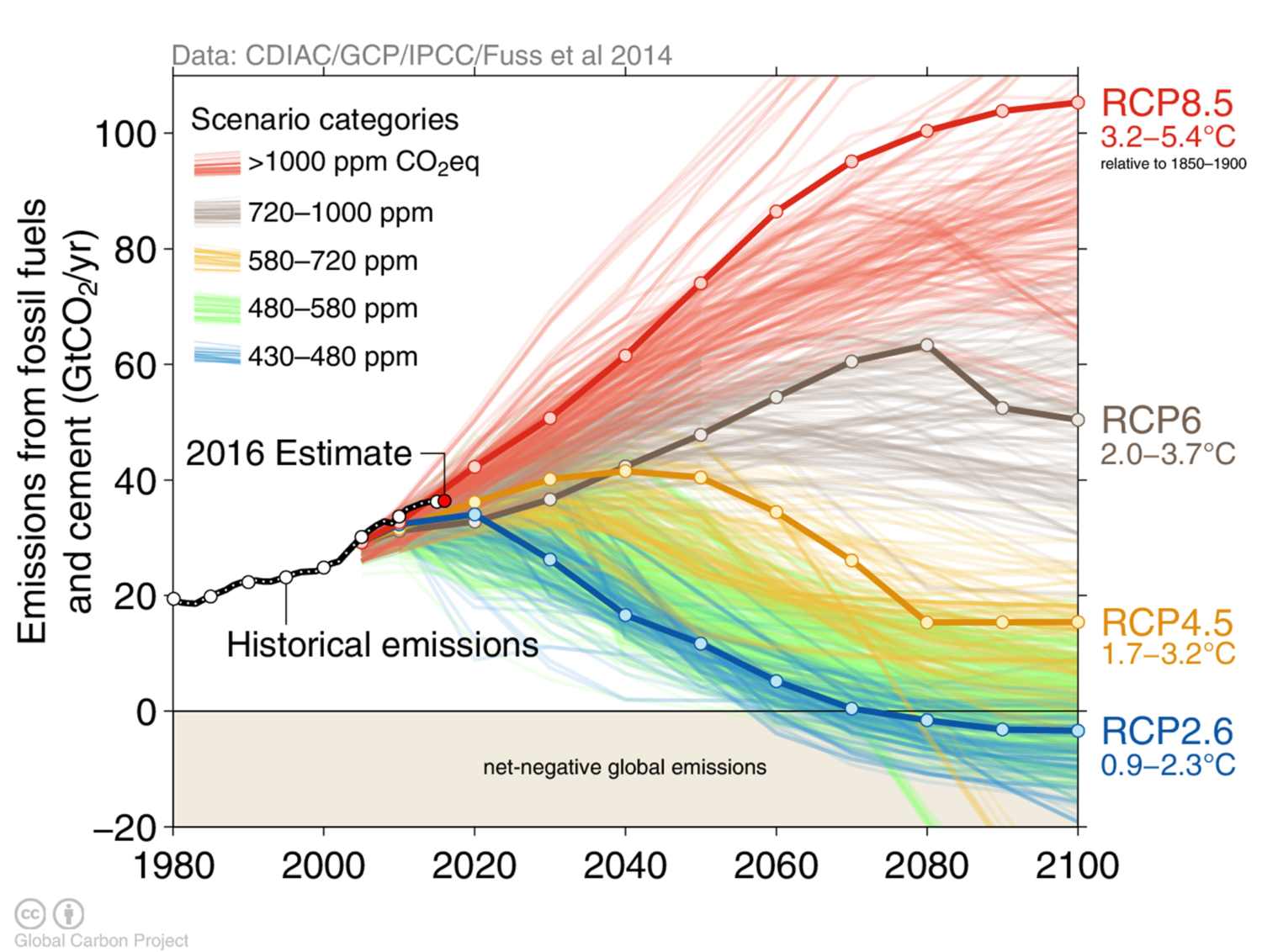



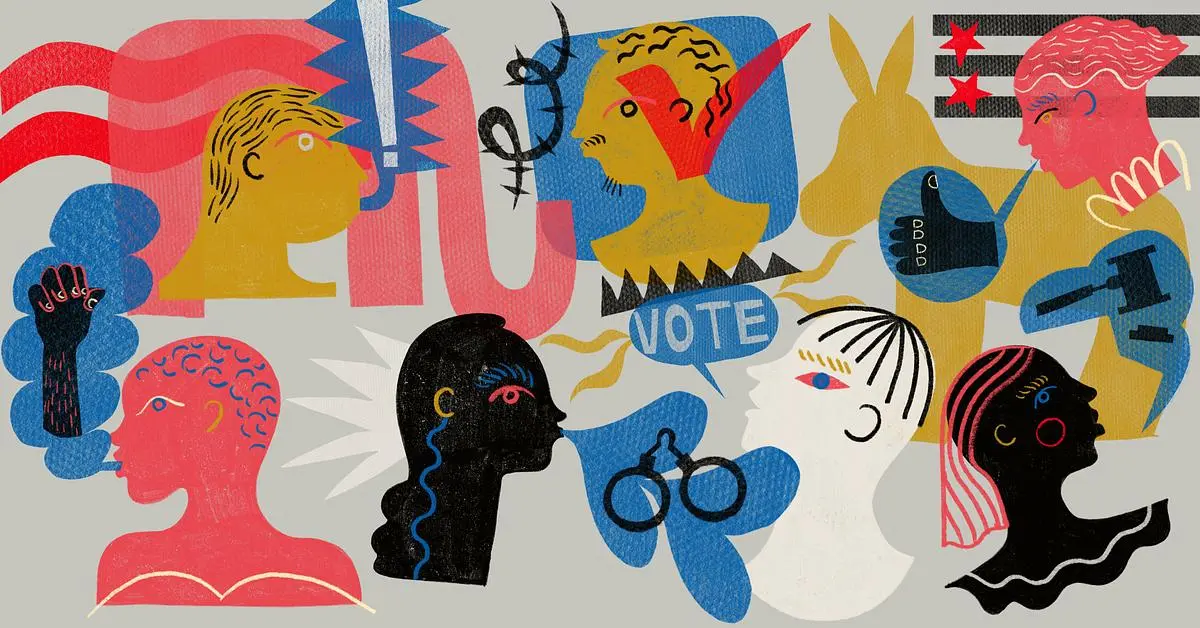




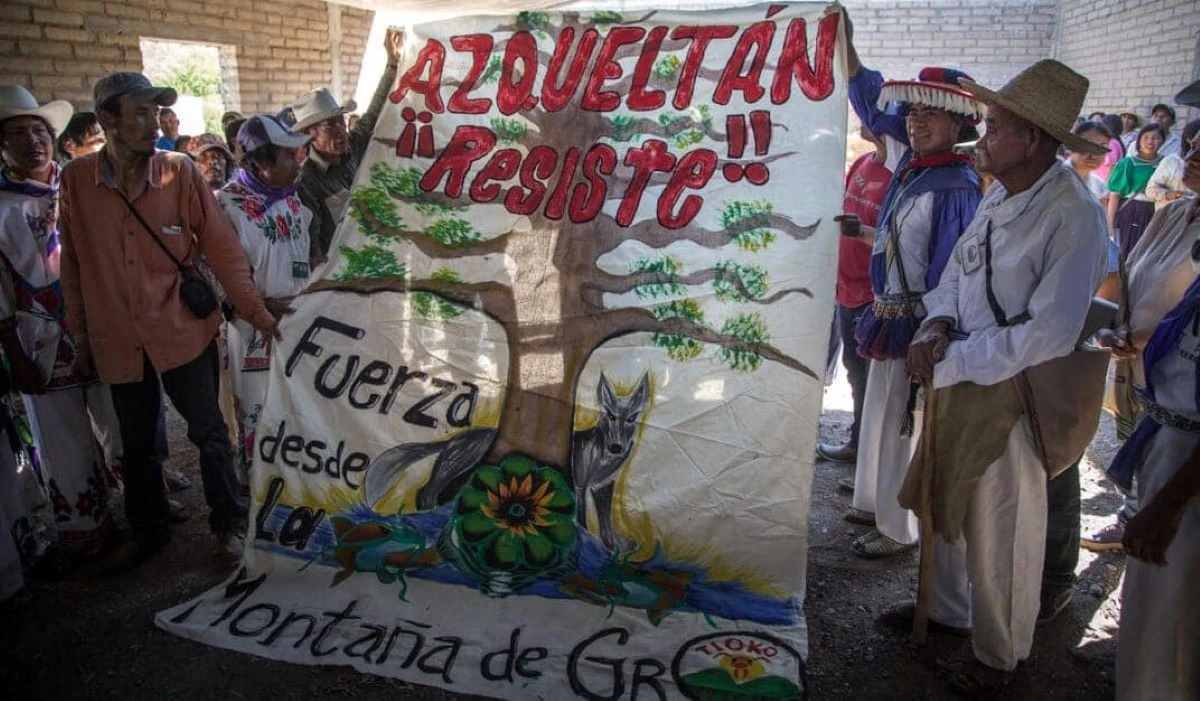


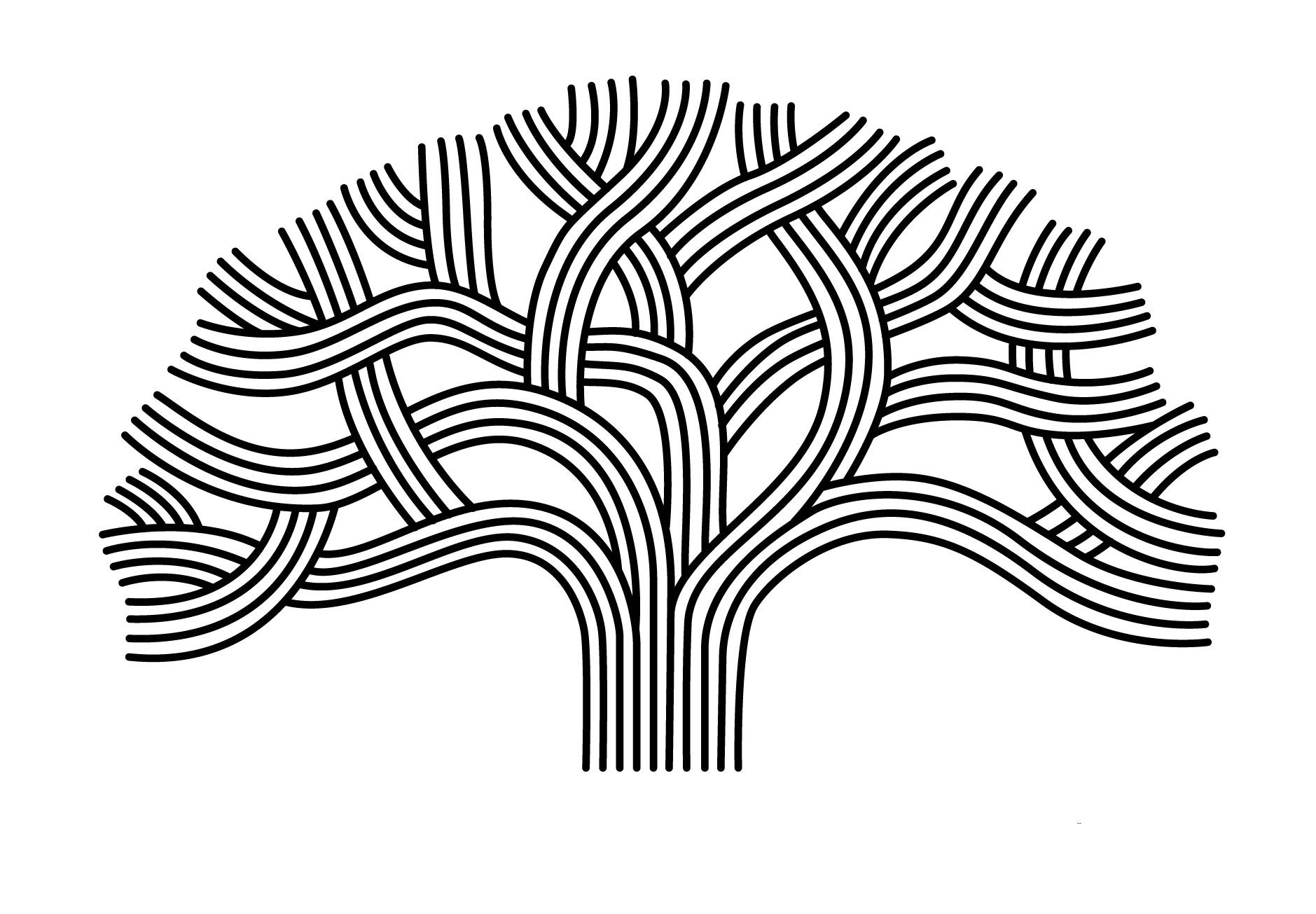




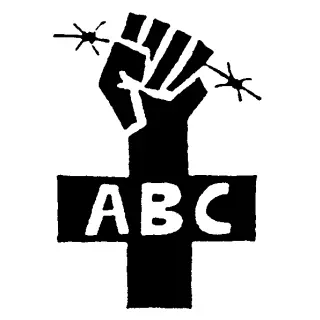
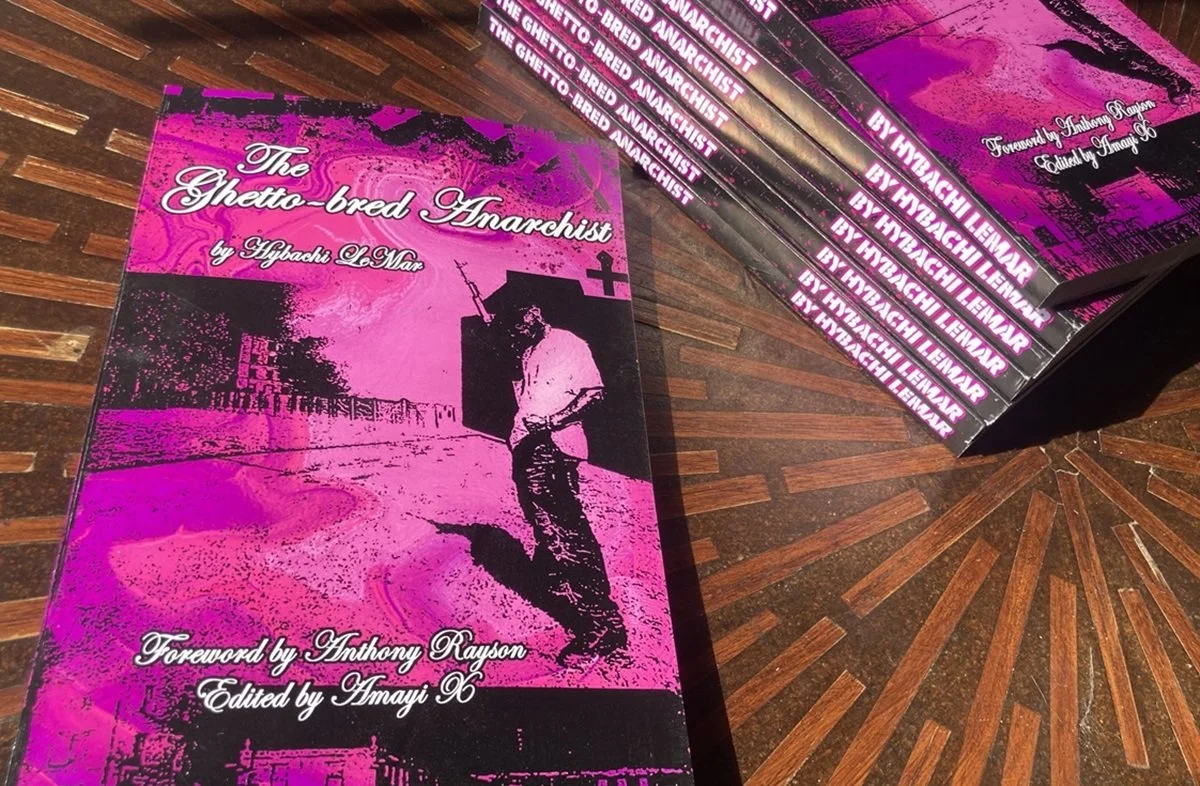









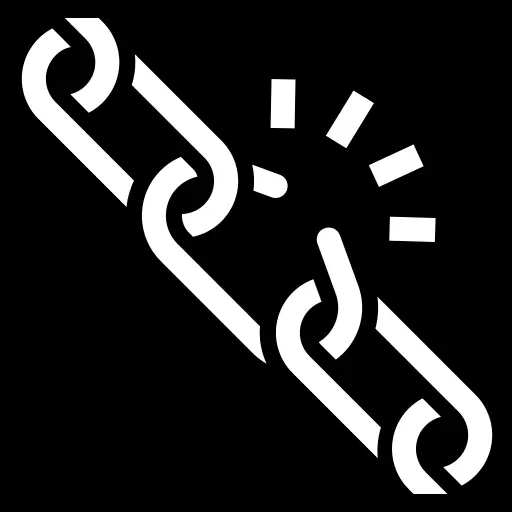



Like the stupid titles and vocabulary of the Klan, or the infantile memes of frenworld.